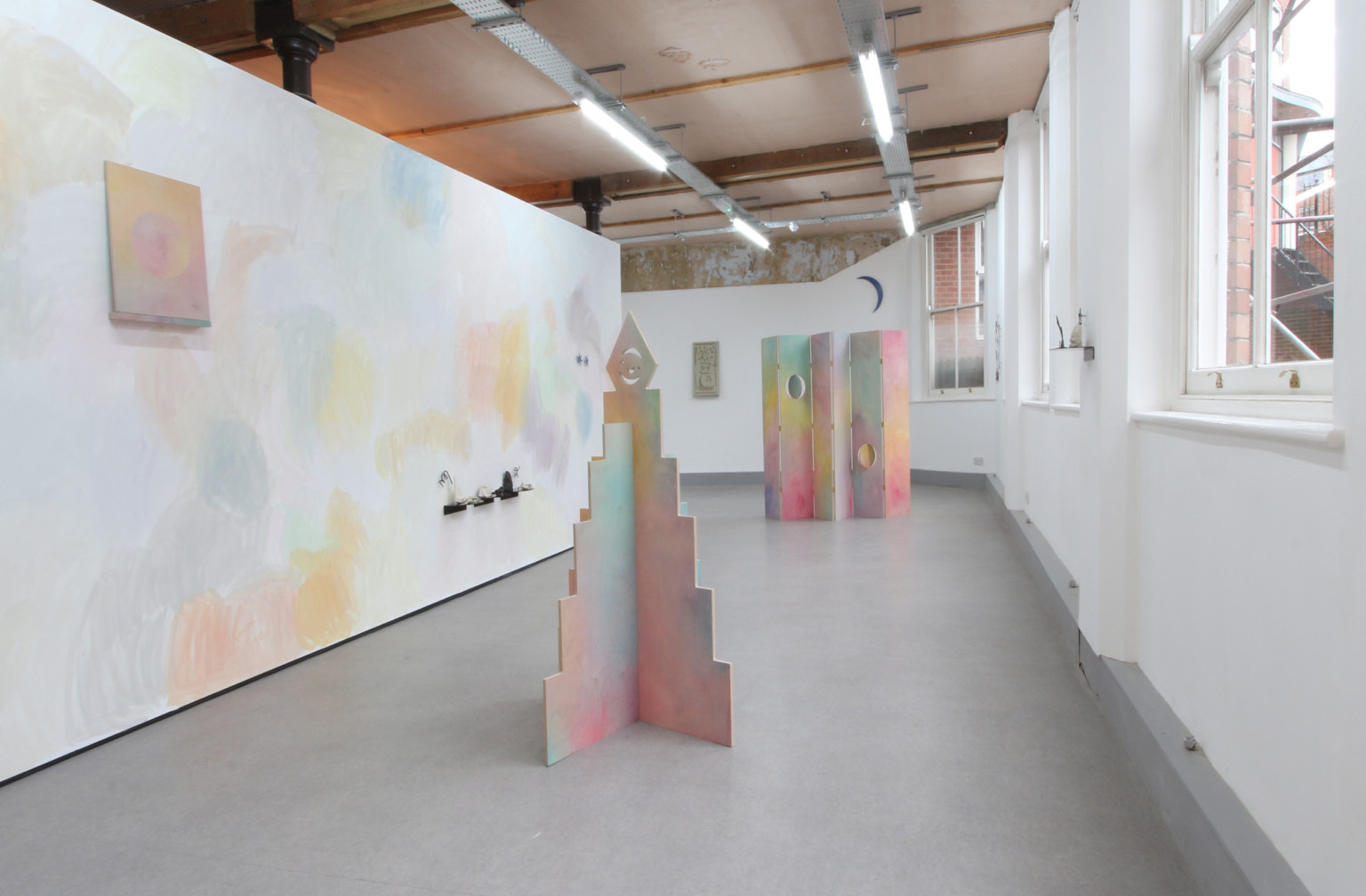What makes a great degree show?: Stephen Paige
“The work should not attempt to be a complete answer, how can it be?”
Degree shows are always a tricky balance for the soon to be graduate student and burgeoning artist. They operate as multiple mini solo shows clumped together, complicated by the necessity of placing what could be disparate and unrelated work in the same vicinity. But this potential disruption can be dynamic, enhancing and highlighting differences, experimentation and continuities.
The challenge for the viewer is to not make anything of what might appear to be connections or common outcomes. What I hope to experience is a nuanced and thoughtful staging of work, where the students have been clearly supported to realise the work in the best way they can.
The work should not attempt to be a complete answer, how can it be? It should provocatively or boldly disrupt a status quo, subtlety reorienting the viewers understanding of contemporary arts practice, and be memorable for longer than it takes to walk around the show. The show should be pointing, or at least leaning towards, what we should be next paying attention to.
Steven Paige, senior lecturer, course leader BA Fine Art, Plymouth College of Art
Interview by Jack Hutchinson
Image: Plymouth College of Art, BA Fine Art Summer Degree Show 2018. Photo: Dom Moore





